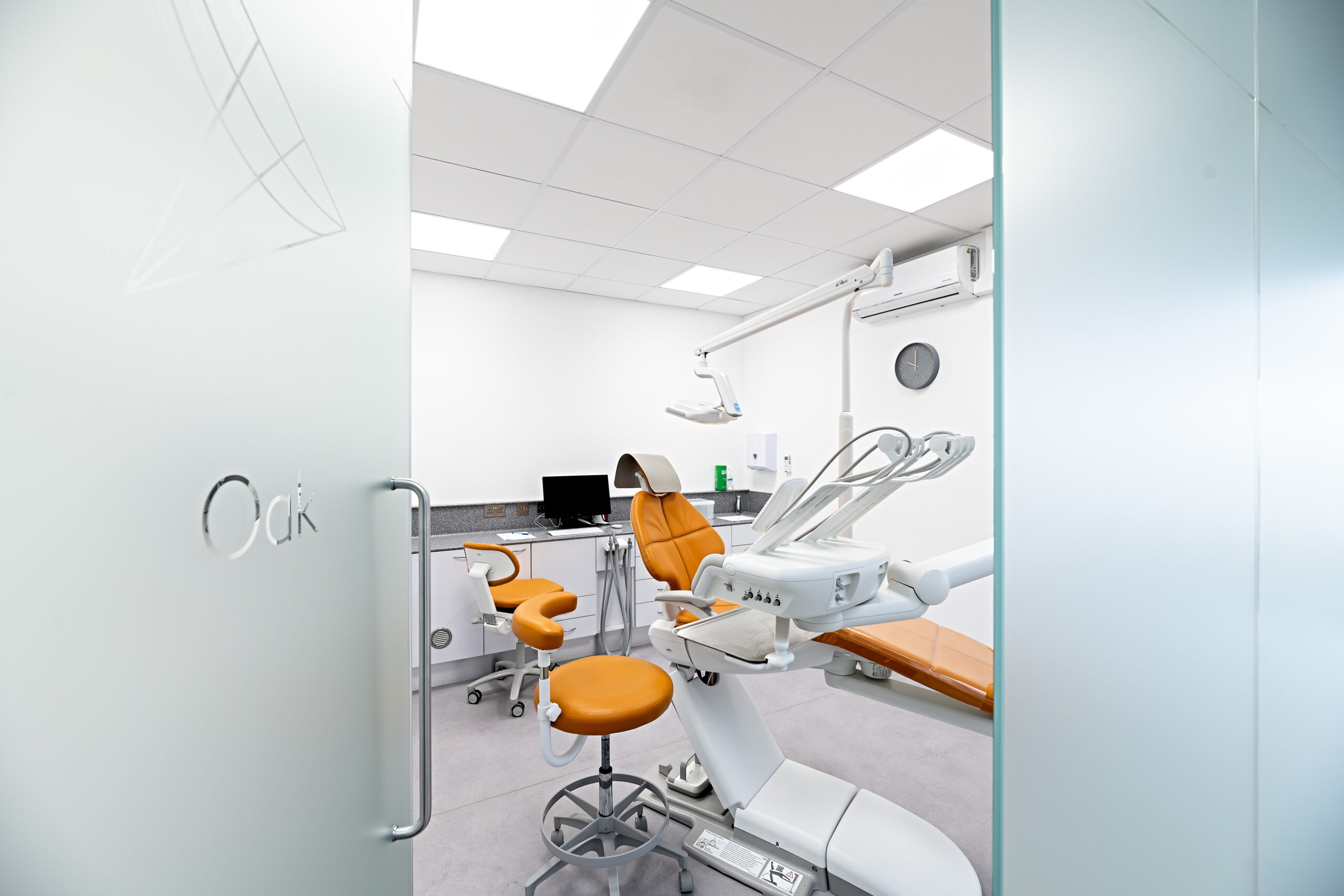Periodontal disease is a chronic inflammatory disease that often occurs from tooth infection or inflammation. In the early stages, the gums can become further inflamed, red, and even bleed in certain instances.
Inflammation is often the result of bacteria in the mouth for a prolonged period. Long-term bacteria will form plaque on the teeth and eventually harden to what is known as tartar and spread to the gum line. If not professionally removed, this can infect the teeth and lead to periodontal disease.
In this blog, we will delve into periodontal disease, understanding what it is and the risks it can impose on you. We will address the oral hygiene routine you should follow to prevent and reduce it, along with how diet and exercise can lower disease incidences.
What are the risks of periodontal disease?
If periodontal disease isn’t addressed at the earliest opportunity, it can have the potential to implement serious dental health repercussions.
Periodontal disease can worsen if not correctly treated, leading to periodontitis, which has the potential to break down the tissue surrounding the teeth, affecting the gum and supporting bone. Where the gum and bone are impacted, teeth may become loose and sometimes fall out.
What oral hygiene routine should you follow?
Proper oral hygiene is essential for healthy gums and teeth and lessens your chance of dental problems, such as periodontal disease. Best practices of cleaning and flossing teeth twice daily and yearly dentist visits are recommended to ensure you properly clean your teeth and remove toxic bacteria.
Discover our dental hygiene treatments today
Studies into electric toothbrushes compared to manual and sonic toothbrushes have discovered that when correctly used, electric toothbrushes provide a more effective job at removing biofilm from the teeth, helping to prevent plaque build-up. It’s important to be aware that brushing teeth alone is not enough. The use of interdental brushes and other aids like single tufted brushes and floss contribute towards proper oral hygiene.
Can diet increase the chance of periodontal disease?
Like with other areas of your body, diet can significantly impact the progression of periodontal disease, impacting the levels of inflammation in the body and the progression of periodontal disease, with specific foods encouraging inflammation of the body or contributing towards reducing inflammation.
Two types of components heighten or lessen inflammation. These are known as pro-inflammatory and anti-inflammatory.
The particular foods which contain anti-inflammatory components and contribute towards the reduction of inflammation in the body include:
- Whole fruit – (apart from high sugar fruits, such as melons and pineapple), particularly brightly coloured fruits.
- Berries
- Whole Vegetables – (apart from potatoes, parsnips, and carrots), particularly green vegetables
- Fish and seafood
- White meats, poultry and game
- Whole grains – whole grain rice, oats, barley, quinoa
- Nuts and seeds
- Eggs
- Some oils, in particular olive oil
Omega-3 fatty acids have been shown to reduce inflammation, but it is not something our body can produce. These unsaturated fats are found in foods such as oily cold fish (salmon, tuna, herring, or sardines) and walnuts.
Green tea also plays an important role in reducing inflammation because it contains antioxidants.
To prevent the inflammation in your body and reduce the progression of periodontal disease, reduce the following:
- Refined Carbohydrates – all forms of sugar (sugars, syrups, etc.), processed/packaged foods, white flour
- High-sugar fruits – melons, pineapple
- Dried fruits
- Some vegetables – potatoes, parsnips and carrots
- White rice
- Saturated fats – dairy products, animal fats, some oils (coconut, palm)
- Saturated fatty acids
Does exercise reduce the likelihood of periodontal disease?
Exercise plays a considerable role in the body and its response to tackling health issues, especially with respect to your teeth and gum health. Studies into the disease have shown those who maintain a healthy body weight and exercise regularly, compared to those who do not exercise and have a higher BMI, are less likely to suffer from periodontal disease.
Book a consultation with Fran, our dentist, who is passionate and has extensive knowledge about treating gum disease.
Healthy teeth start with a healthy mouth. Book a check-up with Fran today to prevent periodontal disease and ensure good dental hygiene.

